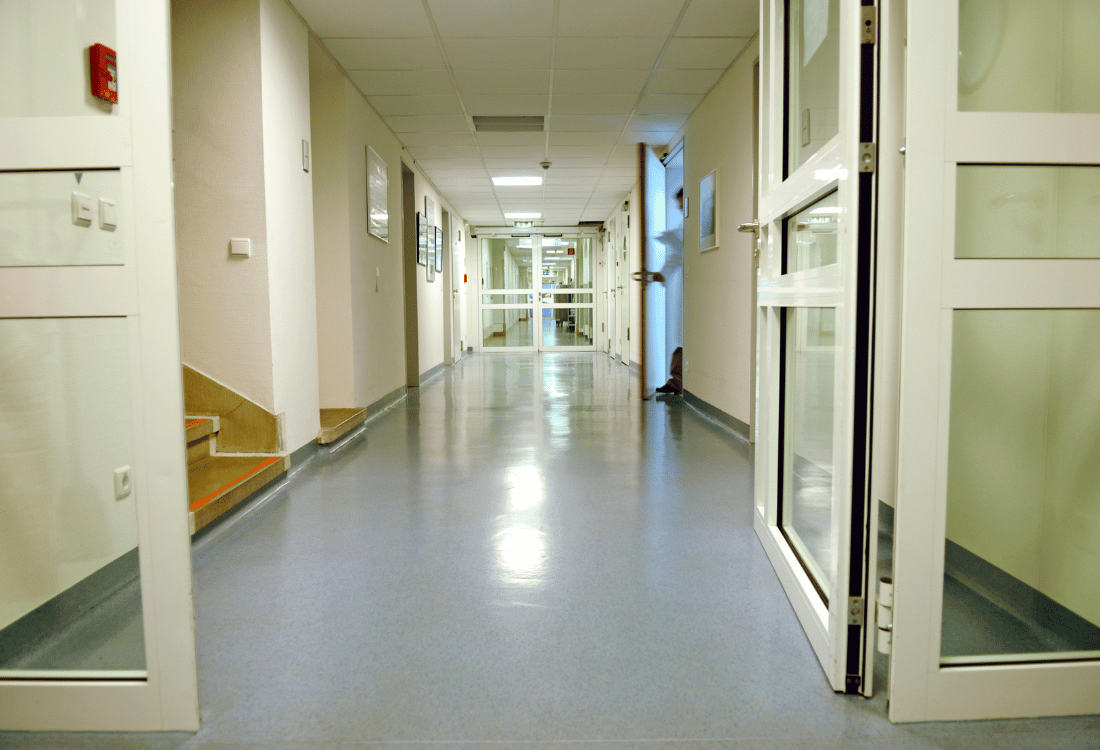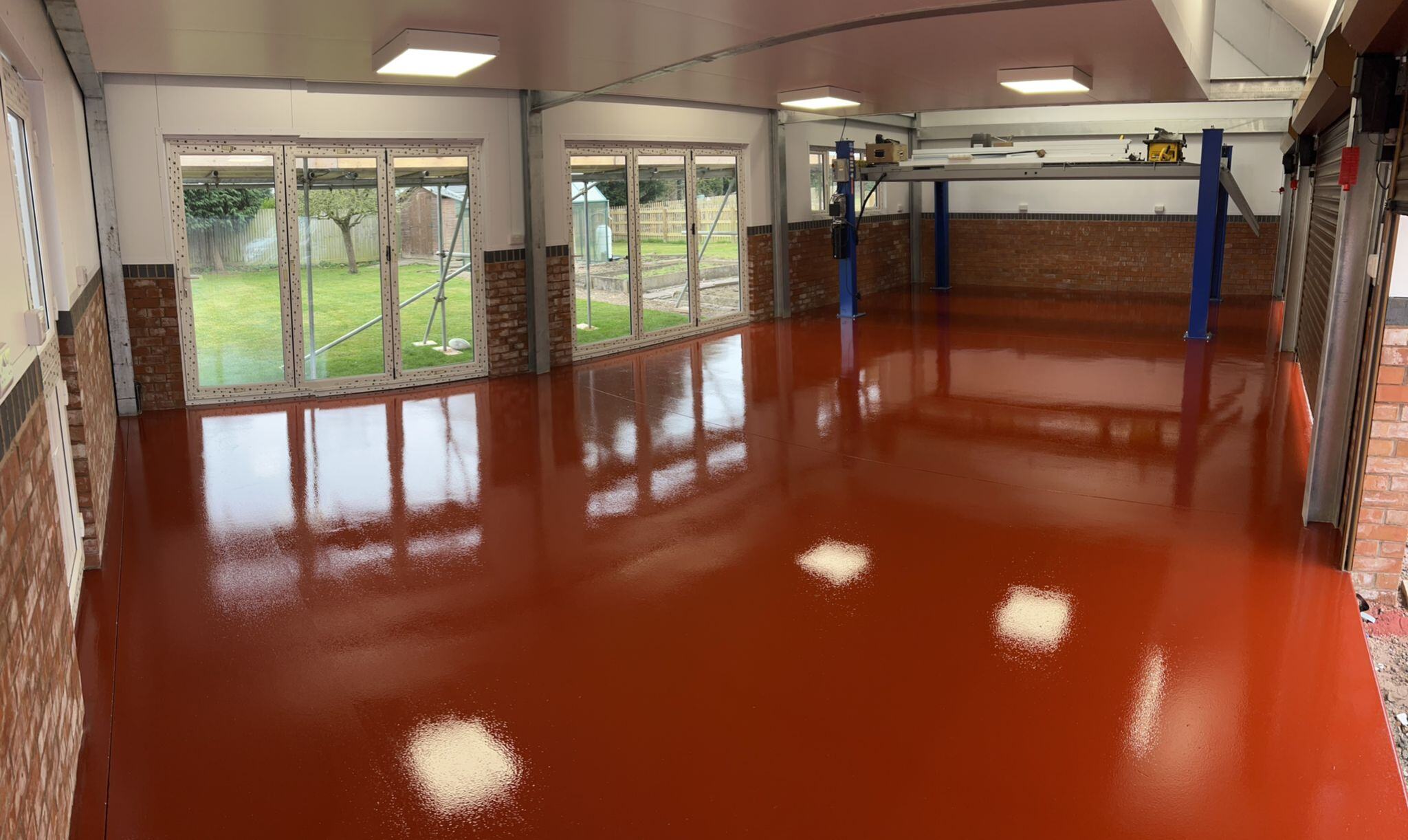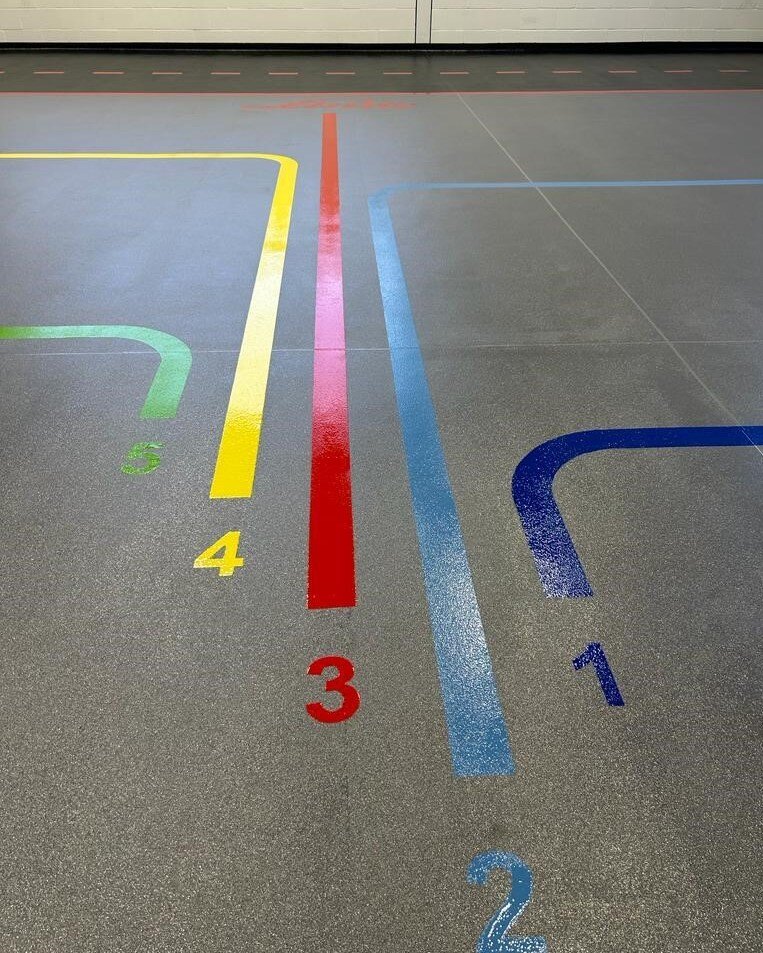A Contractors Quick Guide To Types Of Resin Flooring
Resin flooring is a type of flooring surface that is fabricated using synthetic resin combined with a hardening agent. This is then poured over a tough substrate, usually concrete, to harden and create an aesthetically pleasing but hard-wearing surface. Resin floors have a variety of uses across multiple environments, with their durability, low maintenance and ease of cleaning giving them broad appeal. This, combined with the range of colour and finish options, is making them a popular choice with both businesses and private clients.
However, although resin floors all follow the basic premise outlined above, there is a variety of different types of resin on the market. So, what’s the difference between, say, slip resistant resin floors, quartz epoxy floors and polyurethane resin flooring? This guide below aims to make it all clear.
Epoxy Resin Flooring
Epoxy resin flooring is a versatile, durable, chemical-resistant and glossy flooring surface that is increasingly popular in the UK. It is made by mixing resin and a hardening agent to create tough and seam-free flooring finishes that look great and are easy to clean and maintain. It is ideal for heavy-duty, easy-clean areas like workshops and kitchens, and can be applied on top of a number of existing substrates such as concrete, metal and wood. There are various types of epoxy flooring available, including self-dispersing, self-levelling and epoxy mortar. Special types of non-slip and non-static epoxy options may be suitable, depending on customer requirements and the location it is being laid.
Polyurethane Resin Flooring
Polyurethane resin flooring offers a range of benefits similar to epoxy resin. However, there are some crucial differences that make it more suitable for specific locations. As it is a more flexible option, it is thermal shock resistant and therefore ideal for fluctuating temperatures. This makes it a suitable choice for cold storage and food processing areas.
ESD Flooring
An ESD floor uses a specialised material designed to prevent static electricity build-up and discharge. This has specific uses in environments where sensitive electronics are in operation, such as electronics manufacturing facilities and hospitals. ESD flooring safeguards delicate equipment from damage caused by electrostatic discharge, either by preventing charge build-up in the first instance or by grounding the floor to disperse charge safely.
Quartz Epoxy Floor
Quartz epoxy floors combine both regular epoxy resin and quartz to create a more durable, and versatile floor. Quartz floors are ideal for industrial settings and other locations where high moisture levels are present, including outdoor areas. Quartz floors are resistant to oil, gas, chemicals, heat, water and scratches – so they are particularly useful in industrial facilities where spillages can happen.
Polymethyl Methacrylate
Also known as PMMA, this high-performance resin is made from Polymethyl Methacrylate. It is known for its exceptional durability, fast curing and chemical resistance, which makes it an ideal choice for hygienic areas like healthcare, food production and pharmaceuticals.
To find out more about the different types of resin flooring available, you can download our guide. Or you can get in touch with a member of our team to discuss your requirements.
Image Source: CanvaYou May Also Like
These Related Stories

From Resin To Epoxy: Healthcare Flooring Options You Should Consider

Which Resin Flooring Would You Use In Car Workshops And MOT Bays?


